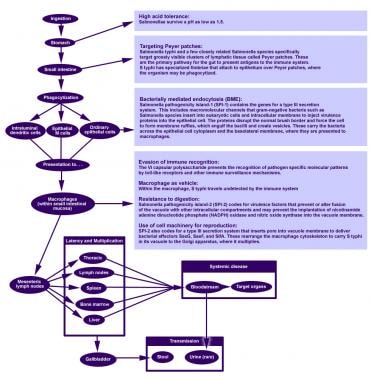May Help Prevent Heart Disease Calcium build-up in the arteries around your heart is a huge risk factor for heart. Decreased concentrations of vitamin K and vitamin K hydroquinone in the tissue results in inefficient carboxylation reaction catalysed by glutamyl carboxylase.
 Health Tooty Fruity Vitamin K And Blood Clotting
Health Tooty Fruity Vitamin K And Blood Clotting
Prothrombin factors VII IX and X.

Blood clotting vitamin. Warfarin works by interfering with how Vitamin K works. This results in the production of clotting factor with inadequate gamma carboxy glutamate Gla. We wont be calling it Factor 14.
You get vitamin K from a variety of foods in your diet. Blood clotting Thrombosis is associated with low Vitamin D yet again From the web. Vitamin C has been proven to influence the endotel cells ability to remain functional.
That doesnt make Vitamin D a BLOOD CLOTTING FACTOR. Supplying the organs with blood also becomes more problematic and this can result in inflammation-like conditions within the blood vessel. It occurs in two forms K-1 and K-2.
It is thought to be a protein phospholipoid compound. Lack of vitamin C which clinically is the basic defect of scurvy does not appear to cause a defect in blood coagulation while vitamin K affects the clotting mechanism by being essential for the production of four distinct clotting factors. Vitamin E has been linked with reducing the likelihood of developing blood clots in the body according to Dr.
A thrombotic stroke occurs when a blood clot thrombus forms in one of the arteries that supply blood to your brain. Vitamin K actually refers to a group fat-soluble vitamins K1 and K2 found in leafy greens as well as animal products that are best known for their role in blood clotting. Vitamin K refers to a group of fat-soluble vitamins that play a crucial role in blood clotting.
Thrombokinase is one of the most widely distributed elements involved in blood clotting occurring plenti- fully in almost all tissues and being highly platelets. While the recommended daily intake of vitamin E is 400 IU per day doses to help thin the blood may range from 400 to 1600 IU per day. Specifically it prevents the activation of Vitamin K-dependent clotting proteins.
Vitamin K is a fat-soluble vitamin that is most known for the role it plays in blood clotting. There is a study that showed that 63 of people with DVT Deep Vein Thrombosis had low levels of Vitamin D compared to a control group who didnt have DVT. Vitamin K-1 is the primary form and it mainly comes from leafy green.
Vitamin K plays an essential role in blood clotting heart health and bone health. Vitamin K generally maintains healthy blood clotting and prevents excessive bleeding and hemorrhage. Vitamin K is also essential in building strong bones preventing heart disease and crucial part of other bodily processes.
Vitamin K especially K1 is responsible for blood clotting - comes in handy if you get a cut. Vitamin K is very essential for the process of blood clotting. Researchers say that nearly everyone is deficient in vitamin K.
They act as a co-factor for seven vitamin K-dependent clotting factors because without vitamin K your blood is unable to clot. Vitamin K is an essential vitamin that supports blood clotting and healthy bones. In this presentation an attempt is made to correlate the action of.
This is why these drugs are referred to as Vitamin K Antagonists. It is more specifically necessary for the carboxylation of proteins governing the conversion of the blood clotting agent prothrombin to thrombin. Vitamin K1 is found in abundance in the diet in green leafy vegetables.
The deficiency of vitamin K could arise in newborn babies and in adults under treatment of antibiotics. Insufficient intake of vitamin K leads to its deficiency in the body which further results in a tendency for spontaneous and prolonged bleeding in cases of injury or trauma. It is absent in the circulating blood except in abnormal conditions when it immediately activates prothrombin to thrombin.
Vitamin K2 is produced by bacteria as a. If the endotel cells are damaged blood will more easily coagulate eventually resulting in blood clots. Vitamin K is well-known for its role in blood clotting.
But you may not know that its name actually refers to a group of several vitamins that provide health benefits far beyond helping your blood. Michael Lam a physician writing on his personal health and wellness website.
